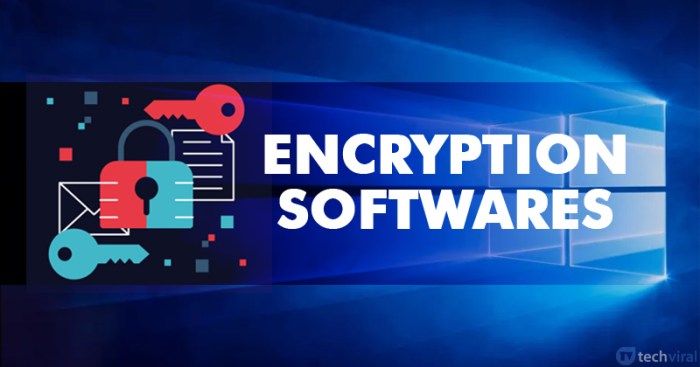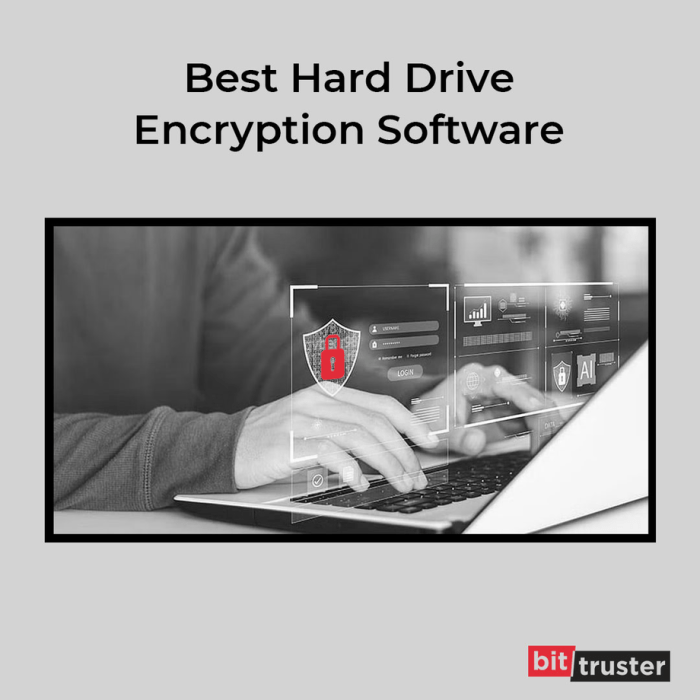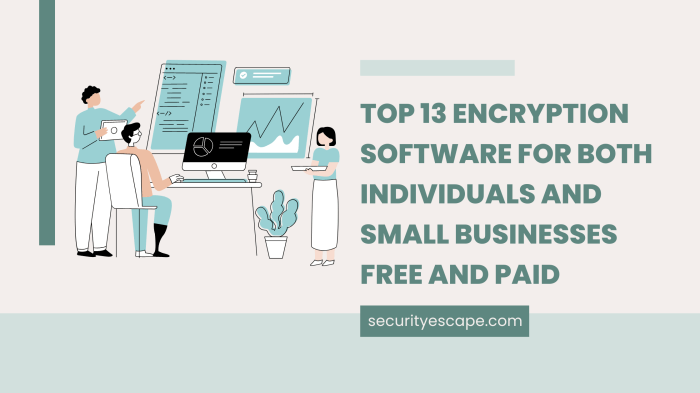Protecting your sensitive data is paramount in today’s digital landscape. Hard drive encryption software provides a crucial layer of security, safeguarding your personal files, financial information, and confidential documents from unauthorized access. Choosing the right software can be daunting, given the plethora of options available. This comprehensive guide will delve into the best hard drive encryption software, exploring their features, benefits, and considerations to help you make an informed decision. We’ll cover various aspects, including full disk encryption, file-level encryption, and the importance of strong encryption algorithms like AES-256.
Selecting the best hard drive encryption software is crucial for data security. The process might seem daunting, but remember that robust security is paramount, especially if you’re developing applications; for instance, after downloading Android Studio from a reliable source like android studio software download , you’ll want to ensure your project files are well-protected. Therefore, choosing the right encryption software for your hard drive remains a vital step in maintaining overall data privacy.
Understanding Hard Drive Encryption: Types and Methods
Before diving into specific software, let’s clarify the different types of hard drive encryption. Essentially, there are two primary methods:

Full Disk Encryption (FDE)
Full disk encryption encrypts everything on your hard drive, including the operating system, applications, and user data. This offers the highest level of security, protecting your entire system from unauthorized access. Popular examples include BitLocker (Windows), FileVault (macOS), and LUKS (Linux).
File-Level Encryption
File-level encryption, on the other hand, encrypts individual files or folders. This allows for more granular control over which data is protected. While less comprehensive than FDE, it’s a useful option for securing specific sensitive documents while leaving less critical data unencrypted. Many third-party tools offer this functionality.
Top Hard Drive Encryption Software Options
The market offers a variety of robust hard drive encryption software solutions. Here are some of the leading contenders, categorized for clarity:
Best for Windows:
- BitLocker: Built into Windows Pro and Enterprise editions, BitLocker is a powerful and reliable FDE solution. It’s easy to use and integrates seamlessly with the operating system. However, it’s not available in the base Windows Home edition.
- VeraCrypt: A free, open-source alternative to BitLocker, VeraCrypt offers strong encryption and cross-platform compatibility. It’s known for its robust security features and active community support.
- Microsoft Azure Information Protection (AIP): A cloud-based solution for data protection, AIP offers file-level encryption and access control, ideal for managing sensitive data across multiple devices and platforms.
Best for macOS:
- FileVault: Apple’s built-in FDE solution for macOS. It’s simple to use and provides a high level of security. Similar to BitLocker, it’s a system-level solution.
- Disk Utility (with additional settings): macOS’s Disk Utility offers basic encryption options, although its features are less extensive than dedicated encryption software.
Best for Linux:
- LUKS (Linux Unified Key Setup): A widely used standard for disk encryption on Linux systems. Many Linux distributions integrate LUKS directly into their installation processes.
- dm-crypt: The underlying encryption framework used by LUKS, providing a solid foundation for disk encryption on Linux.
Cross-Platform Options:
- VeraCrypt: As mentioned earlier, VeraCrypt stands out for its cross-platform compatibility, supporting Windows, macOS, and Linux.
- 7-Zip with AES-256 Encryption: While not a dedicated encryption program, 7-Zip allows for strong AES-256 encryption of individual files and folders, offering a simple file-level encryption solution.
Choosing the Right Encryption Software: Key Considerations
Selecting the best hard drive encryption software depends on several factors:
- Operating System: Ensure compatibility with your operating system (Windows, macOS, Linux).
- Encryption Algorithm: Opt for strong algorithms like AES-256 for robust protection. Avoid weaker algorithms like DES or 3DES.
- Ease of Use: Consider the software’s user interface and how easy it is to set up and manage encryption.
- Performance Impact: Encryption can impact system performance. Choose software that balances security and speed.
- Cost: Some software is free and open-source, while others are commercial products.
- Support: Check for available technical support and community resources.
Security Best Practices with Hard Drive Encryption
Even with strong encryption software, it’s crucial to follow best practices for optimal security:

- Use a Strong Password: Choose a complex, unique password that’s difficult to guess or crack.
- Enable Two-Factor Authentication (2FA): Where available, use 2FA for an extra layer of security.
- Regular Software Updates: Keep your encryption software updated to benefit from the latest security patches.
- Secure Your Recovery Key: Safely store your recovery key in a separate, secure location. Losing it can render your data inaccessible.
- Regular Backups: Despite encryption, regular backups are crucial to protect against data loss due to hardware failure or other unforeseen circumstances.
Frequently Asked Questions (FAQ)
- Q: Is hard drive encryption really necessary? A: The necessity depends on the sensitivity of your data. If you store confidential information, financial records, or personal details, hard drive encryption is highly recommended.
- Q: Will encryption slow down my computer? A: Encryption can have a performance impact, but modern algorithms and hardware are optimized to minimize this effect. The impact is generally noticeable only during encryption/decryption processes.
- Q: What happens if I lose my encryption key? A: You’ll lose access to your encrypted data. That’s why it’s crucial to store your recovery key securely.
- Q: Can I encrypt an external hard drive? A: Yes, most encryption software supports encrypting external hard drives. This is a great way to protect sensitive data stored on portable devices.
- Q: Is full disk encryption better than file-level encryption? A: Full disk encryption offers broader protection, encrypting everything on the drive. File-level encryption is more granular but less comprehensive.
- Q: What is the difference between AES-256 and other encryption algorithms? A: AES-256 is currently considered one of the most secure encryption algorithms available, offering a very high level of protection against unauthorized access. Older algorithms like DES are significantly less secure.
Conclusion
Choosing the right hard drive encryption software is a critical step in protecting your valuable data. By understanding the different types of encryption, considering your specific needs, and following security best practices, you can significantly enhance your data security. Remember to select software that aligns with your operating system, offers a strong encryption algorithm, and is easy to use and manage. Don’t delay protecting your digital assets – start exploring the options today!

References
Call to Action: Start protecting your data today! Download and install a reputable hard drive encryption software and secure your valuable information.
